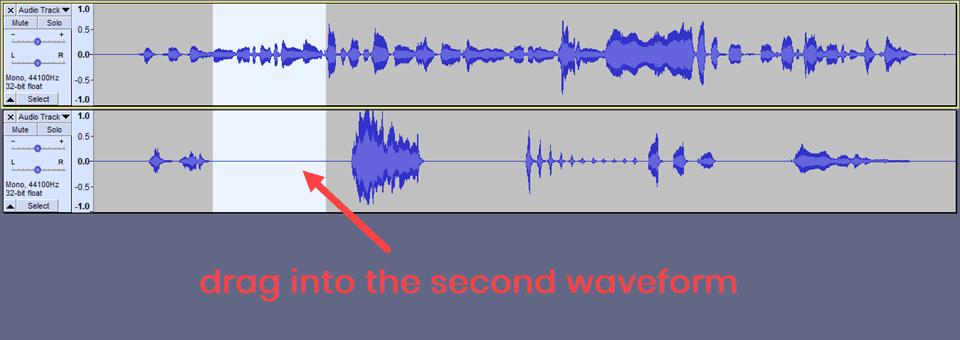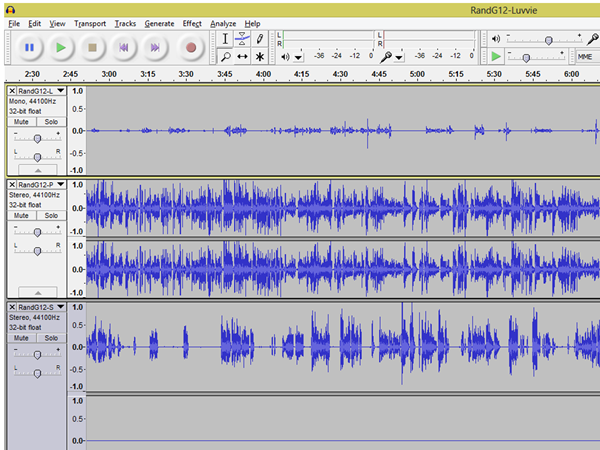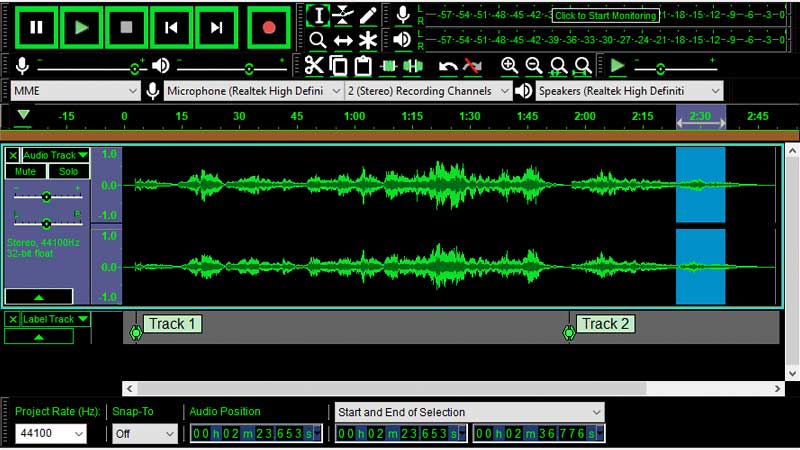

This leads to smaller project files- in Audacity the project file for one of our podcasts is typically around 3 gigs, the REAPER file is only 360kb. All it does is save the edits you make and re-apply them when you listen or render it out. REAPER only tracks edits you make, it doesn't alter the original sound files. However, this easier editing model ends up missing out on some key features. This is what makes Audacity so approachable, it is easier to start with and the editing model is more familiar, almost like Microsoft Word. They just look overly complicated and have such a steep learning curve. I've read positive things previously about REAPER, but wasn't that keen since it suffers the same UI as every other digital audio workstation, it looks like the control center for the space shuttle. There is noticeable lag from what I see in the timeline to what I hear. I started looking for a new tool because Audacity started feeling sluggish to me, especially when using an Apple M1 chip.

Please forgive any mistakes, I'm still learning. I edited our recent Cloverfield podcast using REAPER, a few hours experience in one edit, so I'm far from expert and had to watch several videos just to get the basics. This post is primarily for my co-hosts to explain why REAPER - we each pick a movie to discuss and then edit our own podcasts. Previously I used Audacity and I'm still a big fan of the open-source tool, but REAPER is a lot more powerful, well worth the low price of $60 for personal and small business use.

My buddies and I started the Reel DMC movie podcast at the start of the pandemic and two years later still going strong (both the podcast and pandemic ☹️). I'm switching to REAPER for editing our podcast audio. Misc Using REAPER instead of Audacity for Podcasts

Using REAPER instead of Audacity for Podcasts - mkaz.blog mkaz.blog Site


 0 kommentar(er)
0 kommentar(er)
